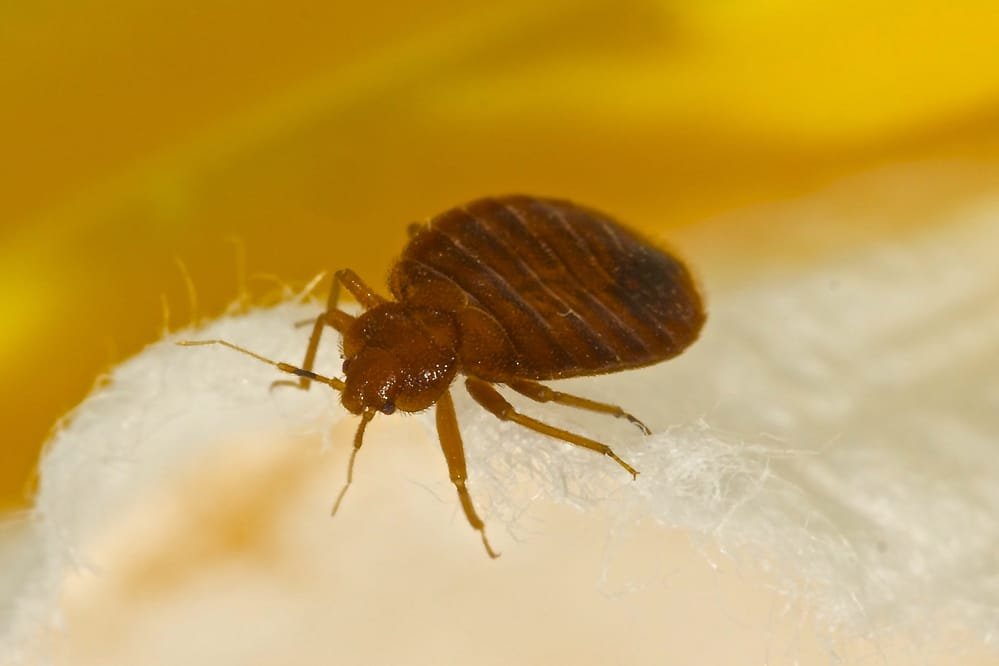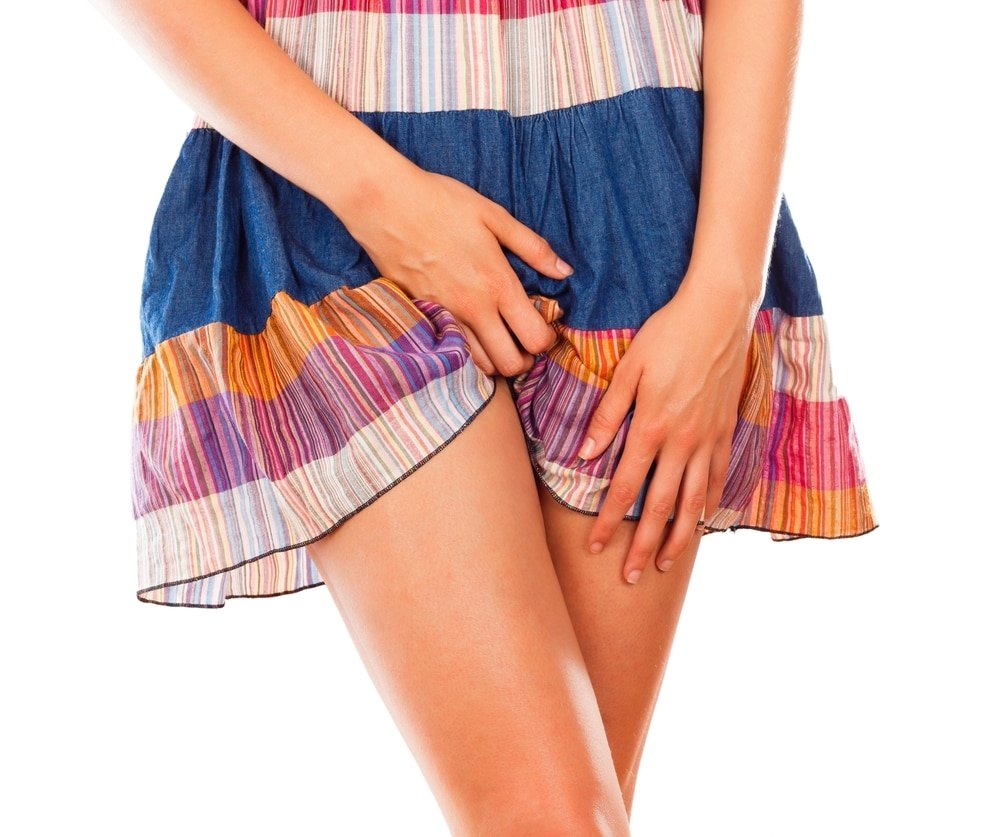How often have you said “night night, don’t let the bed bugs bite!” as part of a nightly ritual, without giving any real thought to the meaning of the saying?
The fact is, the bed bugs do bite lots of people, every single night, though they may not realize it. If you wake up frequently in the mornings with small blisters or red itchy areas, chances are you home already is infested with bedbugs, which begs the question- how do you get rid of bed bugs?
To be clear, if your home has bed bugs it is not an indication that your home is nasty or unkempt. Bed bugs are opportunistic, and are typically transmitted from an external source, such as luggage and even school bags and briefcases.
Given that, the good news is that bed bugs aren’t very resilient- you can kill them quite easily, but on the negative side, they multiple rapidly. So you must try to eradicate them in one fell swoop, or a small surviving number can cause a full blown infestation all over again.
How do You Get Rid of Bed Bugs Permanently?

1. Sprinkle Baking Soda
Baking soda is well known for is multiple beneficial effects on human health, but it also has a number of uses outside of the human body. Baking soda can help kill bed bugs thanks to its water absorptive properties. When it comes into contact with the insects, it absorbs water from their bodies, and causes them to dehydrate and die. Baking soda is better suited for cracks along walls and other hidden areas bed bugs may be hiding, as opposed to the bed itself. Leave for a few days, then vacuum clean away.
2. Steam Clean Linens
If you are unsure if washing alone kills bed bugs and their eggs, then expose all carpets, drapes and bed linens to a steam session. The insects and their eggs are very susceptible to heat, and are easily destroyed.
3. High Heat Blow Dryer
In a similar manner to steam cleaning, the high heat of a blow dryer is also enough to kill the pesky bugs and their eggs. You will need to expose them to consistent heat, up to one hour long, so just be sure to spend some time with your blow dryer doing the job.
4. Tea Tree Oil
Tea tree oil is a true “essential” oil in the sense of the word, thanks to its wide range of uses, in this case being able to eliminate bed bugs. Tea tree oil also possesses anti-microbial properties, to eliminate other bacteria that may be lingering around your mattress and bedroom. Mix tea tree oil with water in a sprayer bottle, mix well and spray around the home daily for at least a week to facilitate eradication.
5. Pyrethrum / Pyrethrins
These are natural insecticides extracted from the chrysanthemum flowers, and effective against a wide range of parasitic insects. Pyrethrum affects the nervous system of insects, and causes death after a few repeated applications. Be sure to apply as directed around your home, or you risk causing development of resistance in the insects.
6. Diatomaceous Earth
This isn’t just your regular mud, but specially mined earth that contains the fossils of tiny prehistoric critters, which are damaging to the insects and their tough exoskeletons. This type of earth is rich in silica that shreds the exoskeletons of insects, and also absorbs water from their body (similar to silica in supplements and products that need to keep safe from moisture). Diatomaceous Earth is also effective for a wide range of insects that may be troublesome around your home, such as ants, roaches and much more.
7. Use Cold To Your Advantage
Bed bugs are insects that have a hard time regulating body temperature, making it necessary for them to seek out nice warm shelter throughout the winter seasons. One way to get rid of them is to store your problem lines, drapes and carpets in an area without adequate heating during the winter months. This could be a tool shed, garage maybe, but the key is to expose them to below freezing temperatures that are inhospitable to the bugs. For smaller items, you can place in a freezer for 24 hours and that should also do the trick. Do not pack no neatly, or you may form nice pockets that are warm enough for their survival.
8. Mint Leaves
Many insects dislike the aromatic oils of mint leaves, acting as a sort of natural repellant. The cheapest and most effective way to go about doing this is to crush the mint leaves, and sprinkle generously around your home. Swap out leaves about once per week to keep up the repellant action, as old leaves dry up and lose their aromatic aroma.
9. Citronella Oil
Citronella oil is an extremely popular natural insect repellant, extracted from a species of lemongrass and used by people not wanting repellants with harsh chemicals. Citronella works via decreasing the pH in an insect’s body (or increasing the acidity), which is toxic to a large majority of animal species. The smell of citronella also acts as a repellant, possessing a strong lemon like aroma that is both pleasing and pungent at the same time.
10. Orange Essential Oil
Growing up in the countryside, it is a common practice to save the peel of citrus fruits and to throw them around the home. In addition to giving the house a pleasant smell, it also possesses insect repellant properties. The oils found in the peel contain a compound known as D-limonene, which affects the nervous system of insects and renders them unable to move, with death ensuing shortly after.
11. Thyme Leaves
Thyme leaves are another effective insect repellant thanks to the presence of a compound named thymol. Thymol also helps to inhibit infestation of mites, and disrupts their reproductive cycle. To use, you can either place a few thyme sprigs around the home, or shred the leaves and sprinkle around the house. These leaves need to be renewed twice weekly, as the volatile nature of the oil results in rapid evaporation and oxidation by air.
12. Neem Oil
Need oil possesses several medicinal functions, as well as insecticidal properties, making it difficult for bed bugs to thrive. Col pressed neem oil in particular has a high toxicity to insects, inhibiting their growth and repelling them. Neem oil is safe to use on mattresses, drapes and all over the home where bed bugs may be hiding.
13. Lavender Oil
While humans generally love the smell of lavender oil, insects, and bed bugs in particular have very differing opinions. Lavender oil has a cytotoxic action on the adult bugs and their eggs, helping ensure complete eradication. A dilute solution is enough to elicit this action, being able to make a convenient spray of it.
Conclusion
Bed bugs may be a nuisance, and even though you may not realize they are there in the beginning, do not let them be. They do feed on blood, and need to be eradicated. They reproduce rapidly, do it is important that you thoroughly tackle them in the adult and larval stages. They are relatively easy to get rid of, by utilizing a joint approach on the possible hiding spots and bed linens you can be free of them in under a month. Soon, you will truly be able to sleep tight!

